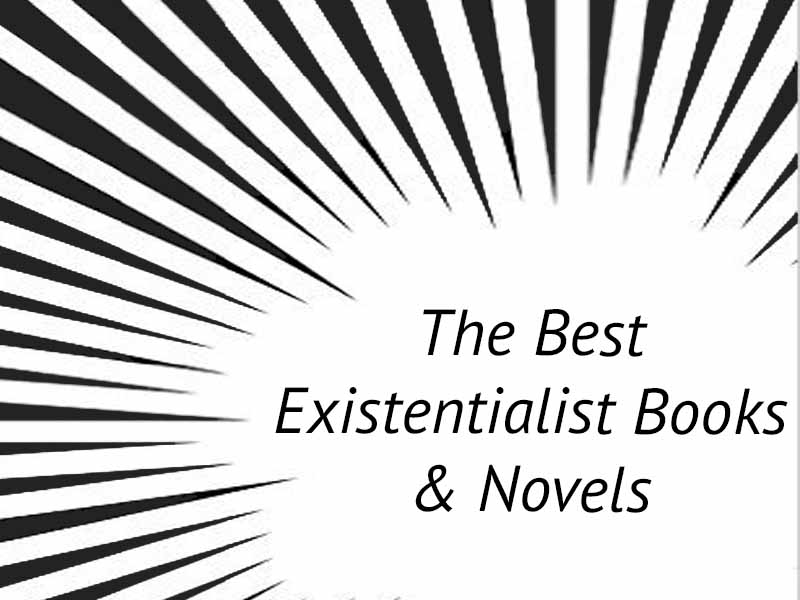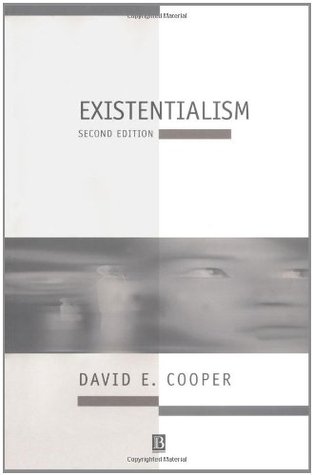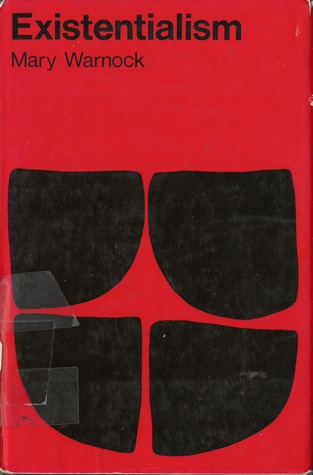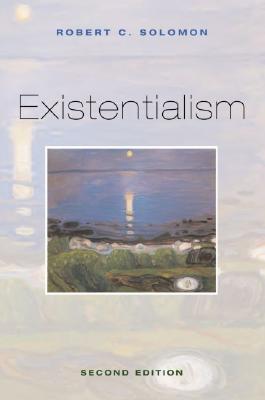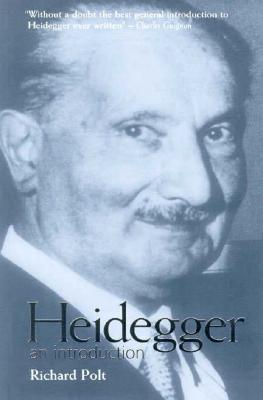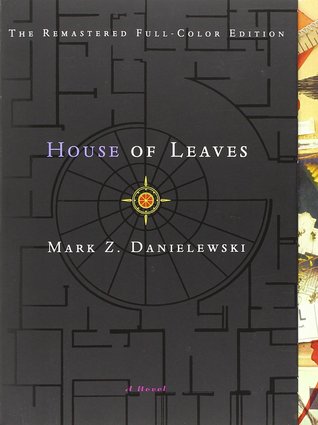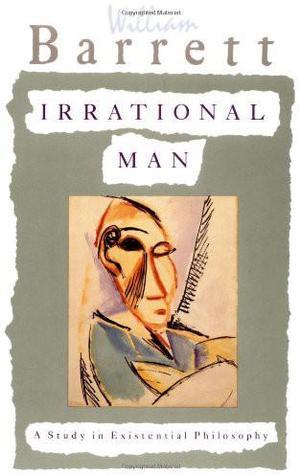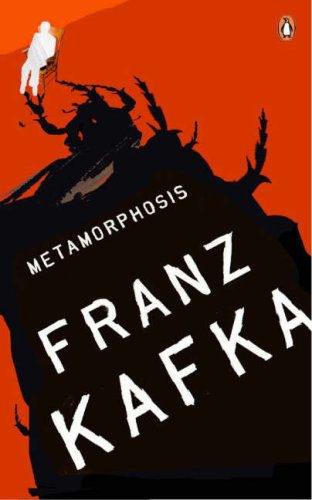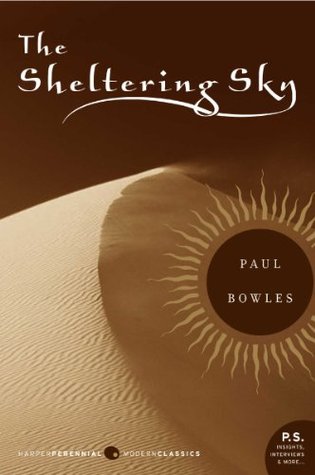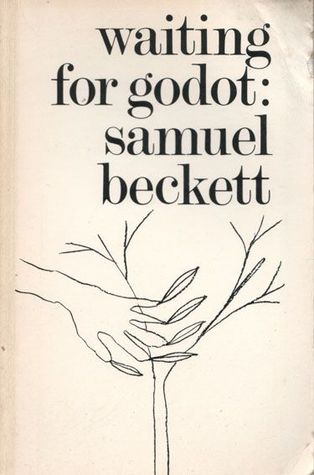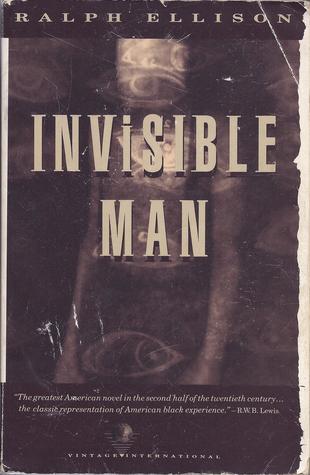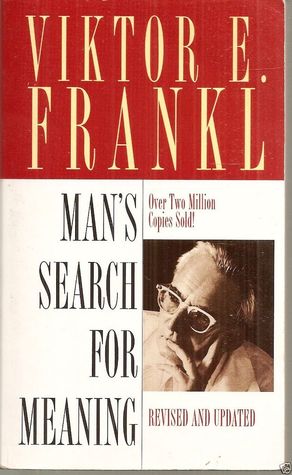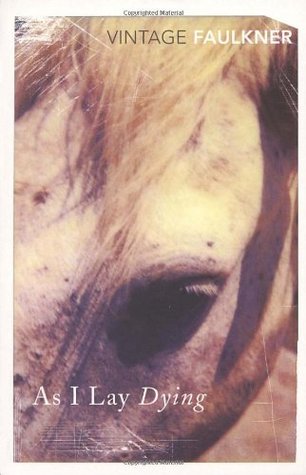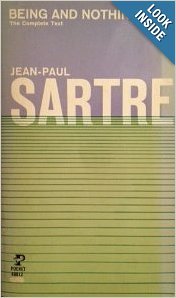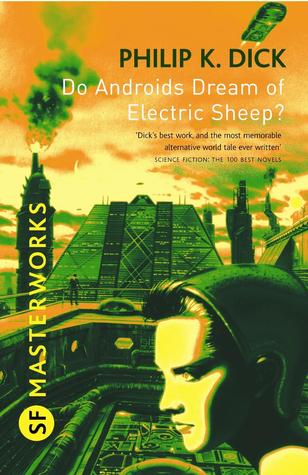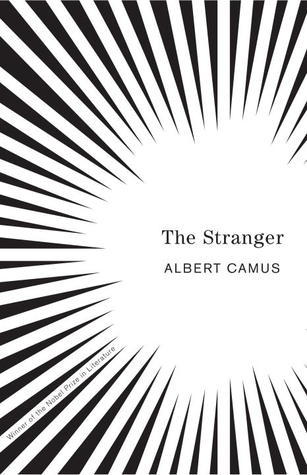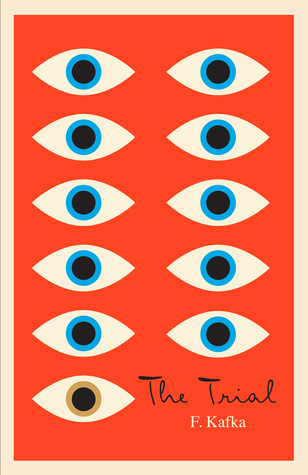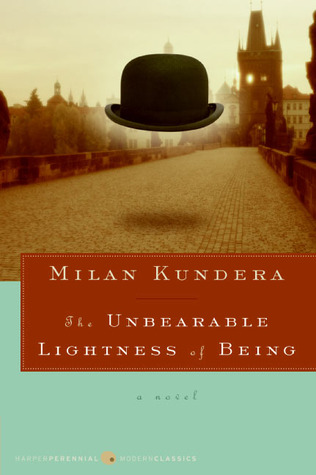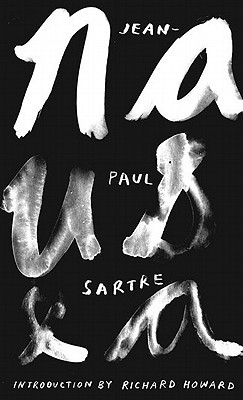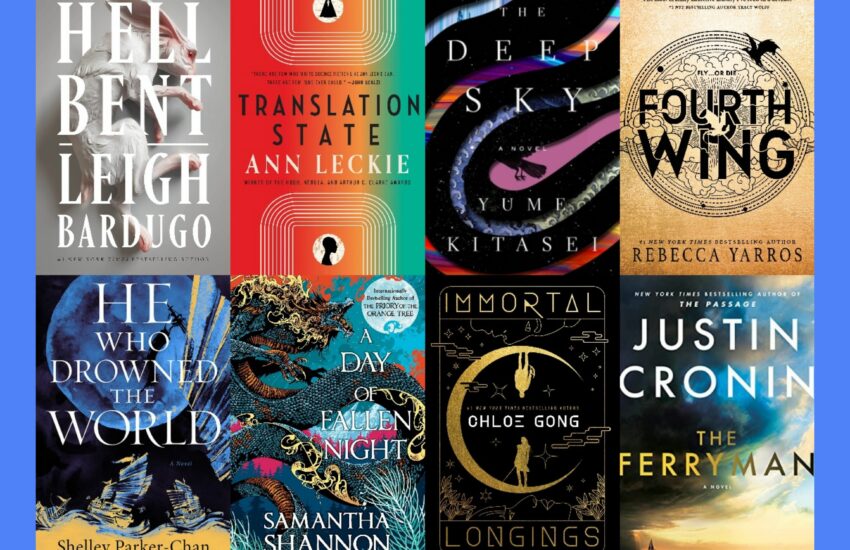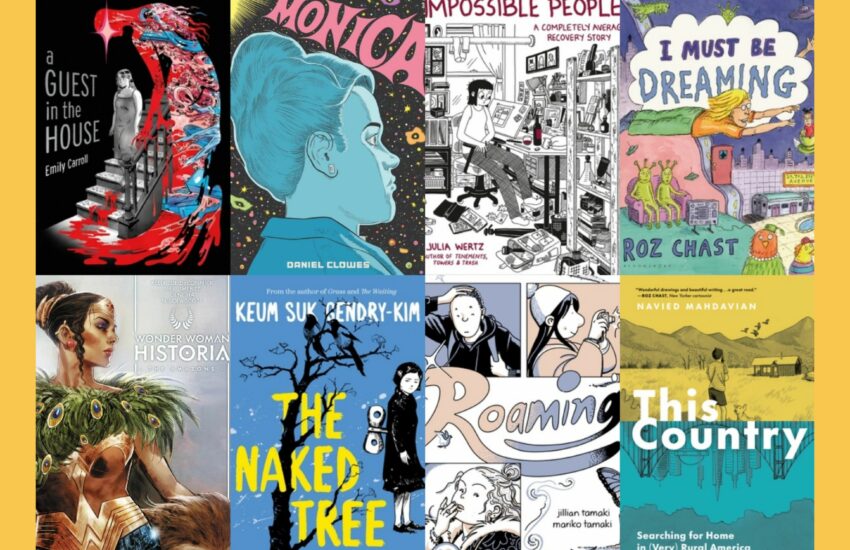The Best Existentialist Books And Novels
“What are the best Existentialist books and novels?” We looked at 166 of the top Existentialist books, aggregating and ranking them so we could answer that very question!
We here at Book Scrolling are not just a website, but concious, free-acting, individuals trying to make sense of the caotic landscape of the universe while trying to find the best books we can on a subject. We can never be sure of what is right or wrong, but one thing that will fill our individual selves with meaning is to find a list of the best Existentialist books and novels. The best way to do that is for us to use our free will and scour the crazy world of the internet for the best lists we can and try to make sense of that absurd jummble of data by compiling it together into a manageble and easily digestible ranked list.
Below you can find the top 24 Existential books, all appearing on two or more lists, with images, summaries, and links if you would like to learn more or purchase the individual titles. The remaining 124 books, as well as the sources we used can be found at the bottom of the page.
Happy Scrolling!
Top 24 Existential Books
24 .) Being and Time by Martin Heidegger
- Internet Encyclopedia of Philosophy
- TC.UMN
“What is the meaning of being?” This is the central question of Martin Heidegger’s profoundly important work, in which the great philosopher seeks to explain the basic problems of existence.
23 .) Existentialism by David Cooper
- Internet Encyclopedia of Philosophy
- Five Books
“First published in 1990, Existentialism is widely regarded as a classic introductory survey of the topic, and has helped to renew interest in existentialist philosophy.
The author places existentialism within the great traditions of philosophy, and argues that it deserves as much attention from analytic philosophers as it has always received on the continent.”
22 .) Existentialism by Mary Warnock
- Internet Encyclopedia of Philosophy
- Questia
In this popular, highly readable survey, Mary Warnock considers the contributions made to Existentialism by Kierkegaard, Nietzsche, and Husserl, and discusses at length the works of Heidegger, Merleau-Ponty, and Sartre.
21 .) Existentialism by Robert C. Solomon
- ExistentialismInfo
- Internet Encyclopedia of Philosophy
Existentialism, 2/e, offers an exceptional and accessible introduction to the richness and diversity of existentialist thought. Retaining the focus of the highly successful first edition, the second edition provides extensive material on the “big four” existentialists–Kierkegaard, Nietzsche, Heidegger, and Sartre–while also including selections from twenty-four other authors.
20 .) Fight Club by Chuck Palahniuk
- Early Bird Books
- Why To Read
In his debut novel, Chuck Palahniuk showed himself to be his generation’s most visionary satirist. Fight Club’s estranged narrator leaves his lackluster job when he comes under the thrall of Tyler Durden, an enigmatic young man who holds secret boxing matches in the basement of bars. There two men fight “as long as they have to.” A gloriously original work that exposes what is at the core of our modern world.
19 .) Heidegger – An Inroduction by Richard Polt
- Internet Encyclopedia of Philosophy
- Five Books
Richard Polt provides a lively and accessible introduction to one of the most influential and intellectually demanding philosophers of the modern era. Covering the entire range of Heidegger’s thought, Polt skillfully communicates the essence of the philosopher, enabling readers, especially those new to his writings, to approach his works with confidence and insight. Polt presents the questions Heidegger grappled with and the positions he adopted, and also analyzes persistent points of difference between competing schools of interpretation. The book begins by exploring Heidegger’s central concern, the question of Being, and his way of doing philosophy. After considering his environment, personality, and early thought, it carefully takes readers through his best-known work, Being and Time. Heidegger concludes with highlights of its subject’s later thought, providing guidelines for understanding Contributions to Philosophy and other important texts. It gives special attention to the philosopher’s political involvement with the Nazis in the 1930s, indicating the strengths and weaknesses of the reactions to his politics, reactions ranging from exculpation to complete condemnation.
18 .) House of Leaves by Mark Z. Danielewski
- Early Bird Books
- Long River Review
Years ago, when House of Leaves was first being passed around, it was nothing more than a badly bundled heap of paper, parts of which would occasionally surface on the Internet. No one could have anticipated the small but devoted following this terrifying story would soon command. Starting with an odd assortment of marginalized youth — musicians, tattoo artists, programmers, strippers, environmentalists, and adrenaline junkies — the book eventually made its way into the hands of older generations, who not only found themselves in those strangely arranged pages but also discovered a way back into the lives of their estranged children.
17 .) Irrational Man – A Study in Existential Philosophy by William Barrett
- ExistentialismInfo
- Internet Encyclopedia of Philosophy
“Widely recognized as the finest definition of existentialist philosophy ever written, this book introduced existentialism to America in 1958. Barrett speaks eloquently and directly to concerns of the 1990s: a period when the irrational and the absurd are no better integrated than before and when humankind is in even greater danger of destroying its existence without ever understanding the meaning of its existence.
Irrational Man begins by discussing the roots of existentialism in the art and thinking of Augustine, Aquinas, Pascal, Baudelaire, Blake, Dostoevski, Tolstoy, Hemingway, Picasso, Joyce, and Beckett. The heart of the book explains the views of the foremost existentialists—Kierkegaard, Nietzsche, Heidegger, and Sartre. The result is a marvelously lucid definition of existentialism and a brilliant interpretation of its impact.”
16 .) Play It As It Lays by Joan Didion
- Bustle
- Dazed
A ruthless dissection of American life in the late 1960s, Play It as It Lays captures the mood of an entire generation, the ennui of contemporary society reflected in spare prose that blisters and haunts the reader. Set in a place beyond good and evil-literally in Hollywood, Las Vegas, and the barren wastes of the Mojave Desert, but figuratively in the landscape of an arid soul-it remains more than three decades after its original publication a profoundly disturbing novel, riveting in its exploration of a woman and a society in crisis and stunning in the still-startling intensity of its prose.
15 .) The Brothers Karamazov by Fyodor Dostoyevsky
- Topyaps
- Wikipedia
Fyodor Dostoyevsky’s powerful meditation on faith, meaning and morality, The Brothers Karamazov is translated with an introduction and notes by David McDuff in Penguin Classics. When brutal landowner Fyodor Karamazov is murdered, the lives of his sons are changed irrevocably: Mitya, the sensualist, whose bitter rivalry with his father immediately places him under suspicion for parricide; Ivan, the intellectual, whose mental tortures drive him to breakdown; the spiritual Alyosha, who tries to heal the family’s rifts; and the shadowy figure of their bastard half-brother Smerdyakov. As the ensuing investigation and trial reveal the true identity of the murderer, Dostoyevsky’s dark masterpiece evokes a world where the lines between innocence and corruption, good and evil, blur and everyone’s faith in humanity is tested.
14 .) The Existentialist Reader by Paul S. MacDonald
- Five Books
- Internet Encyclopedia of Philosophy
13 .) The Metamorphosis by Franz Kafka
- Wikipedia
- Dashboard Citizen
The Metamorphosis is a novella by Franz Kafka, first published in 1915. It has been called one of the seminal works of fiction of the 20th century and is studied in colleges and universities across the Western world. One day, Gregor Samsa, a traveling salesman, wakes up to find himself transformed into a giant insect (the most common translation of the German description ungeheures Ungeziefer, literally “monstrous vermin”). He reflects on how dreary life as a traveling salesman is. As he looks at the wall clock, he notices that he has overslept and missed his train for work. He ponders the consequences of this delay.
12 .) The Sheltering Sky by Paul Bowles
- Flavorwire
- Wikipedia
In this classic work of psychological terror, Paul Bowles examines the ways in which Americans apprehend an alien culture—and the ways in which their incomprehension destroys them. The story of three American travelers adrift in the cities and deserts of North Africa after World War II, The Sheltering Sky is at once merciless and heartbreaking in its compassion. It etches the limits of human reason and intelligence—perhaps even the limits of human life—when they touch the unfathomable emptiness and impassive cruelty of the desert.
11 .) Waiting for Godot by Samuel Beckett
- Topyaps
- Why To Read
The story revolves around two seemingly homeless men waiting for someone—or something—named Godot. Vladimir and Estragon wait near a tree, inhabiting a drama spun of their own consciousness. The result is a comical wordplay of poetry, dreamscapes, and nonsense, which has been interpreted as mankind’s inexhaustible search for meaning. Beckett’s language pioneered an expressionistic minimalism that captured the existential post-World War II Europe. His play remains one of the most magical and beautiful allegories of our time.
10 .) Invisible Man by Ralph Ellison
- Flavorwire
- Why To Read
- Wikipedia
Invisible Man is a milestone in American literature, a book that has continued to engage readers since its appearance in 1952. A first novel by an unknown writer, it remained on the bestseller list for sixteen weeks, won the National Book Award for fiction, and established Ralph Ellison as one of the key writers of the century. The nameless narrator of the novel describes growing up in a black community in the South, attending a Negro college from which he is expelled, moving to New York and becoming the chief spokesman of the Harlem branch of “the Brotherhood”, and retreating amid violence and confusion to the basement lair of the Invisible Man he imagines himself to be.
9 .) Man’s Search For Meaning by Viktor E. Frankl
- ExistentialismInfo
- Five Books
- Topyaps
Psychiatrist Viktor Frankl’s memoir of life in Nazi death camps has riveted generations of readers. Based on Frankl’s own experience and the stories of his patients, the book argues that we cannot avoid suffering but we can choose how to cope with it, find meaning in it, and move forward. Man’s Search for Meaning has become one of the most influential books of our times, selling over twelve million copies worldwide.
8 .) As I Lay Dying by William Faulkner
- Dashboard Citizen
- Flavorwire
- Long River Review
- Wikipedia
As I Lay Dying is Faulkner’s harrowing account of the Bundren family’s odyssey across the Mississippi countryside to bury Addie, their wife and mother. Narrated in turn by each of the family members—including Addie herself—as well as others the novel ranges in mood, from dark comedy to the deepest pathos. Considered one of the most influential novels in American fiction in structure, style, and drama, As I Lay Dying is a true 20th-century classic.
7 .) Being and Nothingness by Jean-Paul Sartre
- ExistentialismInfo
- Internet Encyclopedia of Philosophy
- TC.UMN
- Topyaps
Born in Paris in 1905, Sartre was a professor of philosophy when he joined the French Army at the outbreak of World War II. Captured by the Germans, he was released, after nearly a year, in 1941. He immediately joined the French resistance as a journalist. In the postwar era Jean-Paul Sartre – philosopher, critic, novelist, and dramatist – became one of the most influential men of this century.
6 .) Do Androids Dream of Electric Sheep? by Philip K. Dick
- Early Bird Books
- Long River Review
- Why To Read
- Wikipedia
By 2021, the World War has killed millions, driving entire species into extinction and sending mankind off-planet. Those who remain covet any living creature, and for people who can’t afford one, companies built incredibly realistic simulacra: horses, birds, cats, sheep. They’ve even built humans. Immigrants to Mars receive androids so sophisticated they are indistinguishable from true men or women. Fearful of the havoc these artificial humans can wreak, the government bans them from Earth. Driven into hiding, unauthorized androids live among human beings, undetected. Rick Deckard, an officially sanctioned bounty hunter, is commissioned to find rogue androids and “retire” them. But when cornered, androids fight back—with lethal force.
5 .) The Stranger by Albert Camus
- Flavorwire
- Topyaps
- Why To Read
- Dashboard Citizen
Through the story of an ordinary man unwittingly drawn into a senseless murder on an Algerian beach, Camus explored what he termed “the nakedness of man faced with the absurd.” First published in 1946
4 .) The Trial by Franz Kafka
- Flavorwire
- Topyaps
- Why To Read
- Wikipedia
Written in 1914, The Trial is one of the most important novels of the twentieth century: the terrifying tale of Josef K., a respectable bank officer who is suddenly and inexplicably arrested and must defend himself against a charge about which he can get no information. Whether read as an existential tale, a parable, or a prophecy of the excesses of modern bureaucracy wedded to the madness of totalitarianism, Kafka’s nightmare has resonated with chilling truth for generations of readers. This new edition is based upon the work of an international team of experts who have restored the text, the sequence of chapters, and their division to create a version that is as close as possible to the way the author left it.
3 .) The Unbearable Lightness of Being by Milan Kundera
- Long River Review
- Topyaps
- Why To Read
- Wikipedia
In The Unbearable Lightness of Being, Milan Kundera tells the story of a young woman in love with a man torn between his love for her and his incorrigible womanizing and one of his mistresses and her humbly faithful lover. This magnificent novel juxtaposes geographically distant places; brilliant and playful reflections; and a variety of styles to take its place as perhaps the major achievement of one of the world’s truly great writers.
2 .) Notes from Underground by Fyodor Dostoyevsky
- Flavorwire
- Topyaps
- Why To Read
- Wikipedia
- Dashboard Citizen
My servant is an old country- woman, ill-natured from stupidity, and, moreover, there is always a nasty smell about her. I am told that the Petersburg climate is bad for me, and that with my small means it is very expensive to live in Petersburg. I know all that better than all these sage and experienced counsellors and monitors. … But I am remaining in Petersburg; I am not going away from Petersburg! I am not going away because … ech! Why, it is absolutely no matter whether I am going away or not going away.
1 .) Nausea by Jean-Paul Sartre
- Five Books
- Flavorwire
- Long River Review
- Why To Read
- Dashboard Citizen
- Wikipedia
Nausea is the story of Antoine Roquentin, a French writer who is horrified at his own existence. In impressionistic, diary form he ruthlessly catalogs his every feeling and sensation. His thoughts culminate in a pervasive, overpowering feeling of nausea which “spreads at the bottom of the viscous puddle, at the bottom of our time ― the time of purple suspenders and broken chair seats; it is made of wide, soft instants, spreading at the edge, like an oil stain.”
The #25-166 Additional Existentialist Novels
| # | Book | Author | Lists |
| (Books Appear On 1 List Each) | |||
| 25 | A Gate at The Stairs | Lorrie Moore | Bustle |
| 26 | A Room With a View | E.M. Forster | Bustle |
| 27 | A Scanner Darkly | Wikipedia | |
| 28 | Albert Camus – A Life | Todd Oliver | Internet Encyclopedia of Philosophy |
| 29 | Albert Camus – From the Absurd to Revolt | Foley John | Internet Encyclopedia of Philosophy |
| 30 | Almost Transparent Blue | Wikipedia | |
| 31 | American Psycho | Wikipedia | |
| 32 | Amerika (novel) | Wikipedia | |
| 33 | AMNESIA | DOUGLAS COOPER | Dazed |
| 34 | An Introduction to Nietzsche as Political Thinker | Ansell-Pearson Keith | Internet Encyclopedia of Philosophy |
| 35 | ATMOSPHERIC DISTURBANCES | RIVKA GALCHEN | Dazed |
| 36 | bad behavior | Mary Gaitskill | Bustle |
| 37 | Becoming More Authentic: The Positive Side of Existentialism | James Leonard Park | TC.UMN |
| 38 | Behold the Man (novel) | Wikipedia | |
| 39 | Beyond Good & Evil | Friedrich Nietzsche | ExistentialismInfo |
| 40 | Camus | Sherman David | Internet Encyclopedia of Philosophy |
| 41 | Cat’s Cradle | Kurt Vonnegut | Why To Read |
| 42 | Coin Locker Babies | Wikipedia | |
| 43 | Countdown City | Wikipedia | |
| 44 | Cover | Olle Eksell | Flavorwire |
| 45 | Crime and Punishment | Wikipedia | |
| 46 | Demons (Dostoyevsky novel) | Wikipedia | |
| 47 | Denial Of Death | Ernest Becker | Long River Review |
| 48 | Dissident Gardens | Jonathan Lethem | Bustle |
| 49 | DURING MY NERVOUS BREAKDOWN I WANT TO HAVE A BIOGRAPHER PRESENT | BRANDON SCOTT GORRELL | Dazed |
| 50 | Ecce Homo | Nietzsche Friedrich | Internet Encyclopedia of Philosophy |
| 51 | Eight Theories of Ethics | Gordon Graham | Questia |
| 52 | El Túnel | Wikipedia | |
| 53 | Existentialism and Human Emotions | Jean Paul Sartre | Questia |
| 54 | Existentialism For Dummies | Christopher Panza and Gregory Gale | ExistentialismInfo |
| 55 | Existentialism from Dostoevsky to Sartre | Kauffman Walter | Internet Encyclopedia of Philosophy |
| 56 | Existentialism: A Beginner’s Guide | Thomas E. Wartenberg | ExistentialismInfo |
| 57 | Existentialism: A Guide for the Perplexed | Earnshaw Steven | Internet Encyclopedia of Philosophy |
| 58 | Existentialist Thought | Ronald Grimsley | Questia |
| 59 | FAMILY TIES | CLARICE LISPECTOR | Dazed |
| 60 | Fear and Trembling | Kierkegaard Søren | Internet Encyclopedia of Philosophy |
| 61 | Flight: A Quantum Fiction Novel | Wikipedia | |
| 62 | Flow My Tears, the Policeman Said | Wikipedia | |
| 63 | For Kings and Planets | Ethan Canin | Bustle |
| 64 | Hamlet | William Shakespeare | Flavorwire |
| 65 | Heart of Darkness | Wikipedia | |
| 66 | Heidegger and the Tradition | Marx Werner | Internet Encyclopedia of Philosophy |
| 67 | Hittite Art, 2300-750 B.C | Maurice Vieyra | Questia |
| 68 | HOW SHOULD A PERSON BE? | SHEILA HETI | Dazed |
| 69 | Identity and Difference | Heidegger Martin | Internet Encyclopedia of Philosophy |
| 70 | In the Miso Soup | Wikipedia | |
| 71 | Infinite Jest | David Foster Wallace | Early Bird Books |
| 72 | Intentionality: A fundamental idea of Husserl’s Phenomenology | Sartre Jean-Paul | Internet Encyclopedia of Philosophy |
| 73 | Introduction to Metaphysics | Heidegger Martin | Internet Encyclopedia of Philosophy |
| 74 | Just Kids | Patti Smith | Bustle |
| 75 | Kierkegaard and Modern Continental Philosophy: An Introduction | Weston Michael | Internet Encyclopedia of Philosophy |
| 76 | Kiss Me, Judas | Wikipedia | |
| 77 | Less Than Zero | Bret Easton Ellis | Long River Review |
| 78 | Letter on Humanism: in Heidegger Martin | Heidegger Martin | Internet Encyclopedia of Philosophy |
| 79 | Lila | Marilynne Robinson | Early Bird Books |
| 80 | Living Philosophy: An Introduction to Moral Thought | Ray Billington | Questia |
| 81 | Martin Heidegger: Between Good and Evil | Safranski Rüdiger | Internet Encyclopedia of Philosophy |
| 82 | Merleau-Ponty’s criticisms of Sartre’s theory of freedom | Stewart John | Internet Encyclopedia of Philosophy |
| 83 | Nada (novel) | Wikipedia | |
| 84 | Nietzsche – A Philosophical Biography | Safranski Rüdiger | Internet Encyclopedia of Philosophy |
| 85 | Nietzsche’s The Birth of Tragedy | Burnham Douglas and Jesinghausen Martin | Internet Encyclopedia of Philosophy |
| 86 | Nietzsche’s Thus Spoke Zarathustra | Burnham Douglas and Jesinghausen Martin | Internet Encyclopedia of Philosophy |
| 87 | Not by Bread Alone | Wikipedia | |
| 88 | On the Genealogy of Morality | Nietzsche Friedrich | Internet Encyclopedia of Philosophy |
| 89 | One Flew Over the Cuckoo’s Nest | Ken Kesey | Long River Review |
| 90 | Our Existential Predicament: Loneliness, Depression, Anxiety, & Death | James Leonard Park | TC.UMN |
| 91 | Papa Sartre | Wikipedia | |
| 92 | Papers and Journals: A Selection, | Kierkegaard Søren | Internet Encyclopedia of Philosophy |
| 93 | Phenomenology of Spirit, | Hegel G.W.F | Internet Encyclopedia of Philosophy |
| 94 | Pincher Martin | Wikipedia | |
| 95 | Reading Nietzsche – An Analysis of Beyond Good an Evil | Burnham Douglas | Internet Encyclopedia of Philosophy |
| 96 | Rhetoric and Philosophy | Richard A. Cherwitz | Questia |
| 97 | Sartor Resartus | Wikipedia | |
| 98 | Sartre – A guide for the Perplexed | Cox Gary | Internet Encyclopedia of Philosophy |
| 99 | Sartre’s Being and Nothingness | Gardner Sebastian | Internet Encyclopedia of Philosophy |
| 100 | SELF-HELP | LORRIE MOORE | Dazed |
| 101 | She Came to Stay | Wikipedia | |
| 102 | Speedboat | Renata Adler | Bustle |
| 103 | Steppenwolf (novel) | Wikipedia | |
| 104 | Suddenly, a Knock on the Door | Etgar Keret | Early Bird Books |
| 105 | The Ask | Sam Lipsyte | Long River Review |
| 106 | The Autobiography of an Ex-Colored Man | Wikipedia | |
| 107 | THE BROOM OF THE SYSTEM | DAVID FOSTER WALLACE | Dazed |
| 108 | The Castle (novel) | Wikipedia | |
| 109 | The Catcher in the Rye | JD Salinger | The Guardian |
| 110 | The Challenge of Existentialism | John Wild | Questia |
| 111 | The Concept of Anxiety | Kierkegaard Søren | Internet Encyclopedia of Philosophy |
| 112 | The Contortionist’s Handbook | Wikipedia | |
| 113 | The Double (Dostoyevsky novel) | Wikipedia | |
| 114 | The End of the Road | Wikipedia | |
| 115 | The Ethics of Ambiguity | Beauvoir de Simone | Internet Encyclopedia of Philosophy |
| 116 | The Fall, | Camus Albert | Internet Encyclopedia of Philosophy |
| 117 | The Flamethrowers | Rachel Kushner | Bustle |
| 118 | The Gambler (novel) | Wikipedia | |
| 119 | The Gay Science | Nietzsche Friedrich | Internet Encyclopedia of Philosophy |
| 120 | The Green Pen | Eloy Moreno | Early Bird Books |
| 121 | The Idiot | Wikipedia | |
| 122 | The Immoralist | André Gide | Flavorwire |
| 123 | The Last Policeman | Wikipedia | |
| 124 | The Lathe of Heaven | Wikipedia | |
| 125 | The Man Without Qualities | Robert Musil | The Guardian |
| 126 | The Moviegoer | Walker Percy | Early Bird Books |
| 127 | The Myth of Sisyphus | Camus Albert | Internet Encyclopedia of Philosophy |
| 128 | The Nature of Truth | Wikipedia | |
| 129 | The New Heidegger | Beistegui de Miguel | Internet Encyclopedia of Philosophy |
| 130 | The Outsider | Albert Camus | The Guardian |
| 131 | The Oxford Companion to Philosophy | Ted Honderich | Questia |
| 132 | The Penultimate Truth | Wikipedia | |
| 133 | The philosophy of Heidegger | Watts Michael | Internet Encyclopedia of Philosophy |
| 134 | The Philosophy of Kierkegaard | Pattison George | Internet Encyclopedia of Philosophy |
| 135 | The Pigeon | Wikipedia | |
| 136 | The Plague | Albert Camus | Topyaps |
| 137 | The Raw Youth | Wikipedia | |
| 138 | The Rebel | Camus Albert | Internet Encyclopedia of Philosophy |
| 139 | The Return of Philip Latinowicz | Wikipedia | |
| 140 | The Royal Way | Wikipedia | |
| 141 | The Second Sex | Beauvoir de Simone | Internet Encyclopedia of Philosophy |
| 142 | The Shining Girls | Lauren Beukes | Bustle |
| 143 | The Shockwave Rider | Wikipedia | |
| 144 | The Snake’s Skin | Wikipedia | |
| 145 | The Universe Doesn’t Give a Flying F**k About You | Johnny Truant | ExistentialismInfo |
| 146 | The Vatican Cellars | André Gide | The Guardian |
| 147 | The Velveteen Rabbit: Or How Toys Became Real | Margery Williams | Flavorwire |
| 148 | THE VERIFICATIONIST | DONALD ANTRIM | Dazed |
| 149 | The Wake of Imagination: Toward a Postmodern Culture | Richard Kearney | Questia |
| 150 | The Woman in the Dunes | Kobo Abe | Flavorwire |
| 151 | This Book Will Save Your Life | A.M. Homes | Bustle |
| 152 | Thus Spoke Zarathustra | Friedrich Nietzsche | Topyaps |
| 153 | Tutunamayanlar | Wikipedia | |
| 154 | Twilight of the Idols | Nietzsche Friedrich | Internet Encyclopedia of Philosophy |
| 155 | Ubik | Wikipedia | |
| 156 | Understanding Existentialism | Reynolds Jack | Internet Encyclopedia of Philosophy |
| 157 | Understanding Existentialism: A Teach Yourself Guide | Mel Thompson and Nigel Rodgers | ExistentialismInfo |
| 158 | Veronika Decides To Die | Paulo Coelho | Long River Review |
| 159 | We Can Build You | Wikipedia | |
| 160 | WOMAN ON THE EDGE OF TIME | MARGE PIERCY | Dazed |
| 161 | World of Trouble | Wikipedia | |
| 162 | You are dying, and your world is a lie | Johnny Truant | ExistentialismInfo |
| 163 | You Deserve Nothing | Alexander Maksik | Flavorwire |
| 164 | Your Fathers, Where Are They | Dave Eggers | Early Bird Books |
| 165 | Zama (novel) | Wikipedia | |
| 166 | Zorba the Greek | Wikipedia | |
15 Best Existentialist Book Sources/Lists
| Source | Article |
| Bustle | 11 Books That’ll Help You Navigate Your Totally Millennial Existential Dilemma |
| Dashboard Citizen | The 5 Best Existentialist Books of All Time |
| Dazed | Books to have an existential crisis to |
| Early Bird Books | 9 Essential Novels for the Modern Existentialist |
| ExistentialismInfo | Existentialism Books – 10 of The Best |
| Five Books | Sarah Bakewell recommends the best books on Existentialism |
| Flavorwire | Reading for the Conflicted: 11 Existential Classics |
| Internet Encyclopedia of Philosophy | Existentialism |
| Long River Review | THE TOP TEN BOOKS FOR YOUR EXISTENTIAL CRISIS |
| Questia | Existentialism |
| TC.UMN | Original Books of Existential Philosophy |
| The Guardian | The best existentialist fiction |
| Topyaps | Top 10 Books Dealing With Existentialist Ideas |
| Why To Read | 10 Best Existential Fiction Books That Will Alter Your Existence |
| Wikipedia | Category:Existentialist novels |
